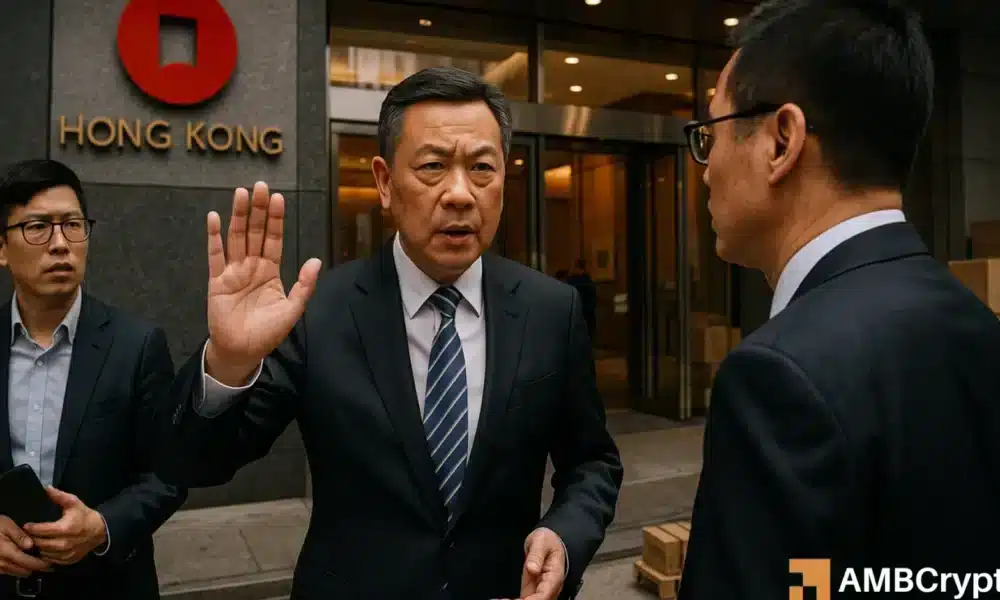Advancements in Hong Kong’s Digital Finance: A Deep Dive into RWA Tokenization
Hong Kong is positioning itself as a leading hub for digital finance, particularly in the realm of tokenized assets and digital currencies. As global interest in real-world assets (RWAs) grows, driven largely by institutional demand, the region is advancing several initiatives, including tokenized deposits, RWA trading, and a licensing framework for cryptocurrency exchanges. With expectations that the RWA market could surpass $2 trillion by 2030, Hong Kong’s efforts align with a broader trend in digital finance, making it a focal point for innovations in this space.
Hong Kong’s Initiatives and Collaborations
Collaborating closely with the Hong Kong Monetary Authority (HKMA) and the Securities and Futures Commission (SFC), Hong Kong is not just waiting for changes to come from outside but is actively shaping its financial landscape. By reviewing legal frameworks and regulations, the FSTB aims to streamline operations for tokenized deposits and RWA trading. These efforts include enhancing efficiency, increasing liquidity, and providing better investor protection. Reports suggest that the city plans to approve more licenses for crypto exchanges by the end of 2025, building on frameworks established in 2018 and 2020. This proactive approach shows Hong Kong’s ambition to become a leading center for digital financial services.
The Growing Global RWA Market
The global RWA market has witnessed significant growth, topping $25 billion in the second quarter of 2025. The surge is primarily attributed to the rising interest from institutional investors who recognize the potential of tokenization as a means to enhance liquidity and efficiency. By 2030, forecasts indicate that the RWA market could exceed $2 trillion. Hong Kong’s initiatives, therefore, not only align with local interests but also respond to global market dynamics, ensuring that the region remains competitive and relevant in the unfolding digital finance narrative.
China’s Caution on RWA Tokenization
Despite Hong Kong’s advancements, the situation in mainland China presents a contrasting perspective. The China Securities Regulatory Commission (CSRC) has recently urged domestic brokerages to slow down their RWA tokenization activities in Hong Kong. This cautious stance aims to reinforce risk controls and ensure that corporate claims in the digital asset landscape are backed by legitimate operations. Such a duality highlights how Hong Kong’s ambitious plans to become a digital asset hub clash with the financial regulatory environment in China, which has been wary of crypto since its trading and mining ban in 2021.
Seazen Group’s Digital Asset Initiative
In a noteworthy development, Chinese property giant Seazen Group has announced the establishment of a digital assets institute in Hong Kong to explore the tokenization of RWAs, including intellectual property and asset income. This makes Seazen potentially the first significant Chinese developer to leverage tokens for fundraising. The move signifies a growing acceptance of digital assets among traditional sectors, representing a shift in how businesses may operate in the future. Additionally, other firms like HK Asia Holdings and AnchorX are signaling their interest in the digital asset space, with investments in Bitcoin and the launch of innovative stablecoins, respectively.
Implications for Investors and the Market
Hong Kong’s strides in digital finance carry significant implications for local and global investors. The enhanced regulatory framework supports a safer environment for investment, while the continued interest from institutional players promises a thriving market for digital assets. Nevertheless, the cautious approach taken by mainland China could lead to greater divergence between the two regions, creating unique opportunities and challenges. Investors and businesses will need to navigate this landscape carefully, balancing the promise of innovation with regulatory realities.
The Future of Digital Finance in Hong Kong
As Hong Kong boldly pushes forward with its digital finance initiatives, the city is undoubtedly at the forefront of the global movement toward tokenization and digital assets. With expectations that the RWA market could grow exponentially, the region’s developments could serve as a blueprint for other nations considering similar frameworks. Nevertheless, the interplay between Hong Kong and mainland China will be crucial to monitor, as it may shape the future landscape of digital finance in Asia. Ultimately, Hong Kong’s role as a digital finance hub hinges on its ability to attract investment while adhering to evolving regulatory standards, making it a case study in the advancement of financial technology.
In conclusion, the ongoing developments in Hong Kong signify a pivotal moment for digital finance, with its initiatives in RWA tokenization and crypto exchange licensing paving the way for a new financial era. Investors, businesses, and regulators alike will need to stay attuned to these rapid changes as they unfold, ensuring that they harness the full potential of this digital revolution.


